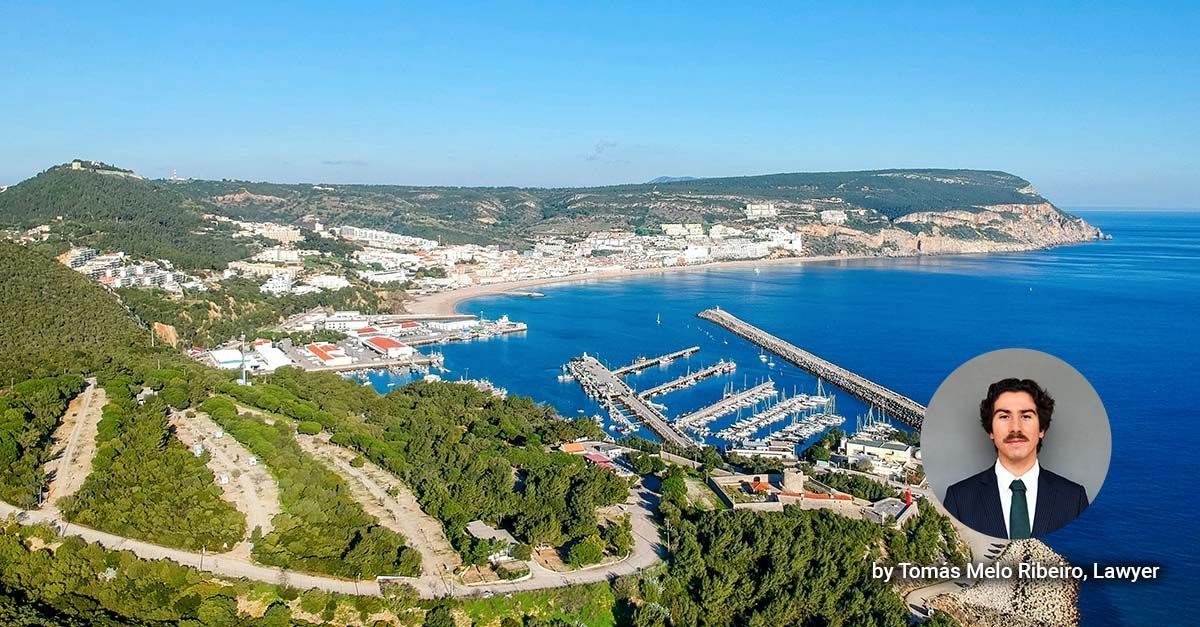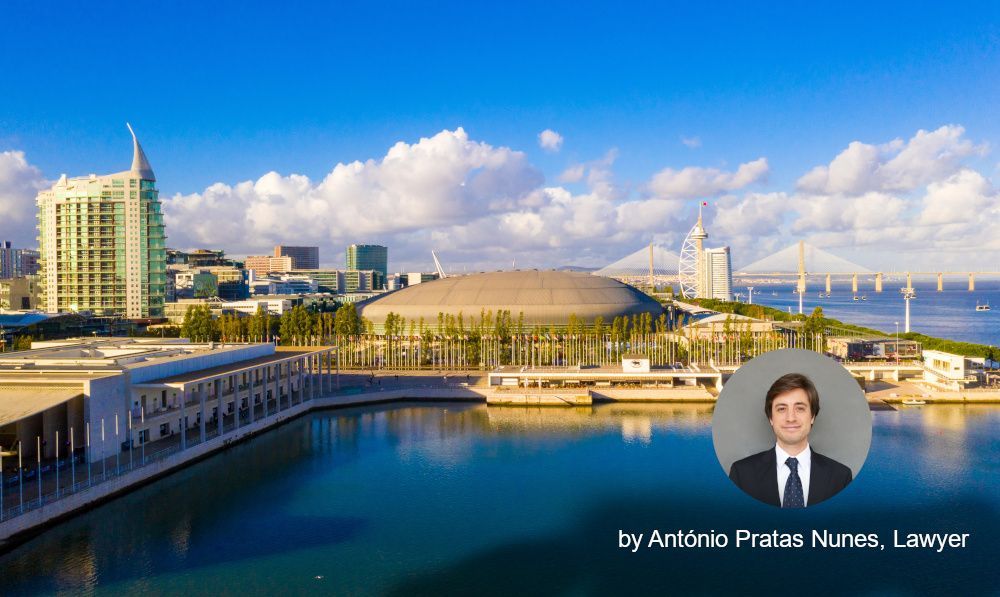Branch or Subsidiary? Structuring Your Business Expansion into Portugal

Tomás Melo Ribeiro | Lawyer
Companies seeking to enter the Portuguese market — whether to serve local clients or operate as a gateway to the European Union — must decide how to structure their presence. Two common options are the creation of a branch (sucursal) or the incorporation of a subsidiary, typically a Sociedade por Quotas (Lda) or Sociedade Anónima (SA). This choice will depend on several factors, including control, liability exposure, tax efficiency, and long-term business strategy.
Portugal remains an attractive jurisdiction for international investors. In addition to benefiting from EU membership and access to a skilled, cost-competitive workforce, the country offers a stable legal environment and government incentives for innovation and foreign direct investment. These conditions have attracted companies across sectors such as technology, tourism, real estate, and renewable energy.
A branch is not a separate legal entity. It operates as an extension of the parent company and is fully dependent on it, both legally and financially. This means that all obligations arising from the branch’s operations in Portugal are ultimately assumed by the parent. From a tax perspective, the branch is subject to corporate income tax (IRC) on profits derived from activities carried out within Portuguese territory, but it is not taxed on worldwide income. Because it does not have its own legal personality, profit transfers to the parent are direct and do not require a formal dividend declaration, though such transfers may still be subject to withholding tax unless a double taxation agreement applies.
Setting up a branch does not require minimum capital, and incorporation costs are relatively low. However, its perceived status in the market may be limited, as it is often viewed as an operational outpost rather than a long-term local commitment. For businesses that aim to test the market or carry out limited-scope activities, a branch may be an appropriate starting point.
A subsidiary, by contrast, is a Portuguese company in its own right. It enjoys legal autonomy and is responsible for its obligations. Liability is limited to the company’s assets, which offers a layer of protection to the foreign shareholder. The subsidiary is subject to Portuguese corporate tax on its global income and must comply with local accounting and reporting obligations. The incorporation process requires the appointment of directors or managers, the drafting of articles of association, and the deposit of share capital—although the minimum capital requirement is symbolic in the case of an Lda (€1).
Because it is a separate legal entity, profit distribution from a subsidiary takes the form of dividends, requiring approval by shareholders. Where the parent company is based in the EU or EEA, or in a jurisdiction with a qualifying tax treaty with Portugal, dividends may be exempt from withholding tax provided specific conditions are met—such as a minimum participation threshold and a one-year holding period. This exemption reflects the alignment of Portuguese tax legislation with EU directives and does not require separate treaty relief.
For ease of comparison, the table below sets out the main legal and operational differences between branches and subsidiaries under Portuguese law:
.
Branch (Sucursal)
Subsidiary (Lda or SA)
Legal Personality
Not distinct from the parent company
Independent legal entity under Portuguese law
Liability
Parent company bears full liability
Liability is limited to the company’s share capital
Taxation
Taxed solely on Portuguese-source income
Taxed as a Portuguese tax resident (worldwide income)
Capital Requirements
No minimum capital needed
Minimum: €1 (Lda); €50,000 (SA)
Flexibility
Faster and less costly to establish
Greater operational autonomy and credibility
Market Perception
Perceived as an extension of a foreign entity
Perceived as a committed local business
Profit Repatriation
Direct transfer to parent (may be subject to withholding)
Requires shareholder resolution for dividend distribution
Incorporating a subsidiary is often the preferred route for businesses that intend to establish a stable, long-term presence. It facilitates the development of local operations, allows participation in public tenders or incentive schemes, and enhances the company’s standing with clients, regulators, and partners. It is also typically required where the activity to be carried out in Portugal is subject to licensing or regulatory oversight.
From a legal standpoint, the two structures differ significantly in terms of liability, tax treatment, reporting obligations, and reputational perception. While the branch model offers simplicity and cost-efficiency, it also exposes the foreign company to direct legal risk. The subsidiary model, though more complex to establish and maintain, provides operational independence and limits risk exposure to the capital invested.
The appropriate structure will depend on the business’s objectives, the nature of the activity to be pursued in Portugal, and the desired level of integration with the local market. As always, prior legal and tax advice is strongly recommended to ensure compliance and to align the chosen model with the company’s broader strategic priorities.
Should you require further clarification or assistance in determining the most appropriate structure for your business in Portugal, our team will be pleased to support you. We are available to provide tailored legal guidance throughout the planning and establishment process, ensuring that your expansion complies with all applicable requirements and aligns with your broader strategic objectives.











